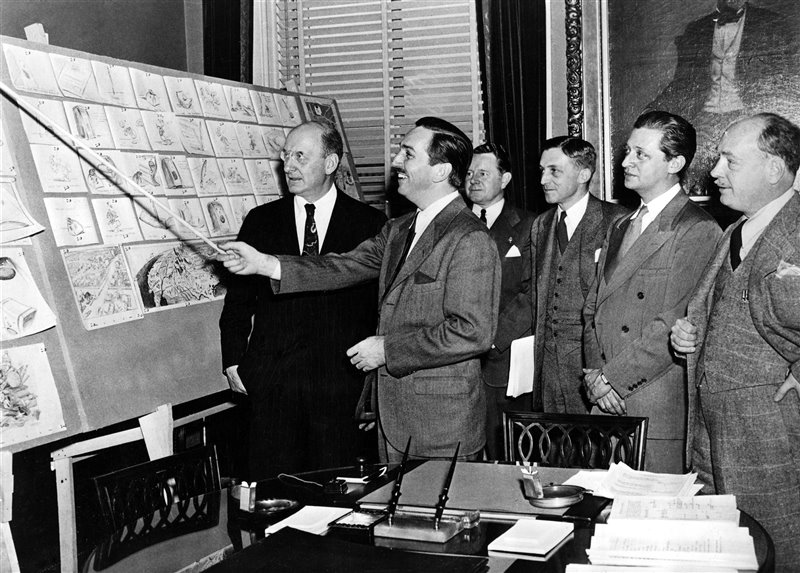If Great Marketing is Leadership, What is Leadership?

Management mastermind Peter Drucker famously suggested that great marketing is leadership.
This profound insight deeply resonated with me, and I often share it with my clients.
It's a statement I consider among the most brilliant ever conceived.
This notion hinges on the idea that becoming a leader in your industry—by setting new standards, innovating, and leading the charge into the future—constitutes the most effective marketing campaign you could ever launch.
The essence of this philosophy is simple yet profound: people naturally gravitate towards leaders just as they do towards great marketing.
Exceptional leadership and marketing both inspire followership.
By relentlessly improving processes and systems, leaders naturally gather a team around them—individuals eager to contribute and clients willing to pay for the value being created.
However, the challenge arises in distinguishing genuine leadership from the fakers.
Too often, companies claim to embody leadership, touting innovation and progressiveness while merely emulating successful marketing strategies of others.
How often do you see the "marketing gurus" teaching the latest tactic or message to get "more customers than ever before." Garbage.

People naturally gravitate towards leaders just as they do towards great marketing.
This mimicry is much like the superficial tactics employed by pick-up artists who fake competence and confidence to attract women while living the type of hollow, meaningless lives most women abhor.
Growing up, I had the belief that leaders were born, not made.
Yet, my journey as the leader of my own ventures has led me to a critical realization: most great leaders did not set out with the ambition to lead, they simply wanted to get things done better than things have ever been done before.
Their leadership emerged organically as they pursued their passions, striving to enhance and refine their interests.
Leadership, in its truest form, arises not from a desire for authority but from a commitment to excellence and productivity.
As these passionate individuals delegate tasks to focus on more impactful activities, their leadership naturally unfolds.
Patton, Jobs, Ogilvy, Musk, and Disney all wanted to do things differently--better--all while falling into leadership roles that were required of them.
Leadership is fundamentally about relationships, not titles.
I learned this firsthand during my time in the military, where the ethos of "leaders eat last" was more than a practice—it was a visible testament to true leadership.
Such experiences underscore that leadership is not about seeking recognition but about embodying the values and principles that inspire others to follow.
Bob Iger of Disney exemplifies this journey.
After reading his book, it's clear to me that Iger's ascent to CEO was not driven by a lust for power but by his dedication to solving the company's challenges.
Walt Disney, in his own words, never envisioned himself at the helm of a media juggernaut; he was simply captivated by the desire to enchant and entertain the world with his creative visions.
In conclusion, the path to true leadership is not about aspiring to a title but about immersing oneself in one’s passion and striving for improvement.
It's about leading by example, making a tangible difference, and inspiring others to join your cause. This, in its essence, is what makes leadership the ultimate form of marketing.
So the lesson here is simple: chase excellence, innovate, grow, improve, show your results and thrive, as Amazon did. Because true leadership is the greatest marketing campaign ever.
To your success!

Discover the ads, budget, and strategies that drive growth.


